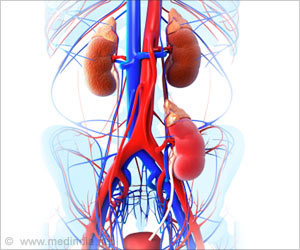The immune system might contribute to, at least in part, the positive impacts of exercise.
The Harvard Medical School (HMS) study, done in mice, suggested that muscle inflammation caused by exertion mobilizes inflammation-countering T cells, or Tregs, which enhance the muscles’ ability to use energy as fuel and improve overall exercise endurance. The study, published in the journal Science Immunology, may offer a molecular explanation behind this century-old observation.
The Remarkable Impact of the Immune System, Especially T Cells
The immune system, and the T cell arm in particular, has a broad impact on tissue health that goes beyond protection against pathogens and controlling cancer. “Our study demonstrates that the immune system exerts powerful effects inside the muscle during exercise,” said study senior investigator Diane Mathis, Morton Grove-Rasmussen Professor of Immunology in the Blavatnik Institute at HMS.
Mice are not people and the findings remain to be replicated in further studies, the researchers cautioned. However, the study is an important step toward detailing the cellular and molecular changes that occur during exercise and confer health benefits.The new findings come amid intensifying efforts to understand the molecular underpinnings of exercises. Untangling the immune system’s involvement in this process is but one aspect of these research efforts.
“We’ve known for a long time that physical exertion causes inflammation, but we don’t fully understand the immune processes involved,” said study first author Kent Langston, a postdoctoral researcher in the Mathis lab.
“Our study shows, at very high resolution, what T cells do at the site where exercise occurs, in the muscle.”There are efforts afoot to design interventions targeting Tregs in the context of specific immune-mediated diseases.”
Source: IANS



